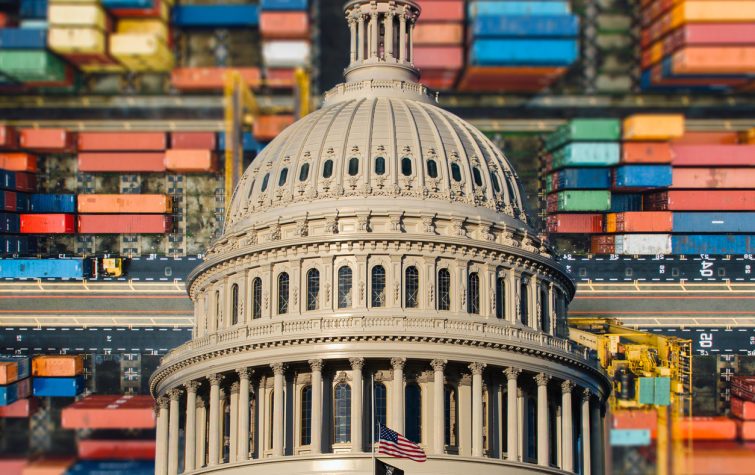Strategic Relocation Support from Republic of China, Taiwan: Navigating Trade Tensions and Tariff Shifts

With trade tensions rising globally, many companies are already feeling the impact of rising tariffs and policy shifts. The Republic of China (ROC), Taiwan, a key player in the tech and semiconductor industries, has responded by supporting businesses interested in relocating to the U.S. Taiwanese officials have worked quickly to streamline relocation processes and offer incentives to companies to mitigate tariff impacts.
A Strategic Role in the U.S. Supply Chain
According to Reuters, in February 2025, Taiwanese exports increased by 31.5%, driven by increased demand for tech-related components, especially semiconductors. Taiwan is home to many of the most influential companies in the global semiconductor industry. For example, Taiwan Semiconductor Manufacturing Company (TSMC) has partnered extensively with Apple, Nvidia, and other U.S. tech giants.
Experts attribute February’s export surge, in part, to preemptive adjustments by companies hoping to avoid supply chain disruptions. As Taiwan News reports, Taiwanese electronics manufacturers accelerated shipments to the U.S. in anticipation of new tariffs. Overall, exports to the U.S. jumped 65.6%, while exports to mainland China grew by 27.9%.
Strategic Considerations for Global Mobility Managers
It remains to be seen whether officials from other governments will follow Taiwan’s proactive approach to supporting businesses in this era of shifting trade policies and economic uncertainty. Global manufacturers must remain agile and consider strategic relocations and policy adaptations to mitigate risks.
In industries that depend on components manufactured in regions targeted by tariff increases, more companies may be considering relocating to preserve operations and maintain supply chain stability. During these discussions, mobility managers should play a key role in assessing and estimating the financial and human resource impacts of any strategic moves.
Mobility managers will need to work closely with internal stakeholders in HR and Finance as well as external mobility experts to fully understand potential impacts on workforce planning, talent mobility, and logistics. Their voices are also key to ensuring that these relocations comply with international policies. By staying ahead of these changes and working closely with key stakeholders, mobility managers can navigate the complexities of global trade while maintaining stability and growth. For more on how global mobility professionals can respond to shifting global trade dynamics, visit the CapRelo Blog.



